Mosquitoes are not just irritating pests; they can also transmit diseases such as malaria, dengue fever, Zika virus, and West Nile virus. To protect ourselves from mosquito bites, we often turn to mosquito repellents. However, concerns have been raised about the potential health risks associated with these products. In this article, we will explore the possible health effects of mosquito repellents and provide guidance on selecting the safest options available.
Health Effects of Mosquito Repellents
Chemical-Based Repellents
Many mosquito repellents on the market contain chemical ingredients such as DEET (N,N-diethyl-meta-toluamide), picaridin, or permethrin. While these repellents are generally considered safe when used as directed, there are some potential health concerns:
- Skin Irritation: Some individuals may experience skin irritation or allergic reactions when using chemical-based mosquito repellents. It is recommended to do a patch test on a small area of skin before applying the product to larger areas of the body.
- Eye and Respiratory Irritation: Aerosol sprays or direct contact with repellents can irritate the eyes and respiratory system, particularly in individuals with pre-existing sensitivities or respiratory conditions.
- Neurotoxicity: Although rare, there have been reports of neurological symptoms in individuals with extensive and prolonged exposure to high concentrations of DEET. However, these instances are primarily associated with excessive use or misuse of the product.
Natural and Plant-Based Repellents
Natural and plant-based mosquito repellents are gaining popularity as alternatives to chemical-based options. These repellents often contain essential oils such as citronella, eucalyptus, or lemon eucalyptus. While generally considered safer, it’s important to be aware of the following considerations:
- Skin Sensitivities: Essential oils can cause skin sensitivities or allergic reactions in some individuals. Diluting the oils or using lower concentrations can help minimize the risk.
- Shorter Duration of Protection: Natural repellents may provide shorter protection time compared to chemical-based repellents. Reapplication may be necessary more frequently.
- Efficacy: While natural repellents can be effective, they may not offer the same level of effectiveness as chemical-based repellents, especially in areas with high mosquito populations or disease risk.
Choosing the Safest Mosquito Repellents
- Read Labels: Look for products that have been approved by regulatory bodies, such as the Environmental Protection Agency (EPA) in the United States. Read and follow the instructions and precautions on the product label carefully.
- Avoid High Concentrations: Choose mosquito repellents with lower concentrations of active ingredients. Higher concentrations do not necessarily provide better protection and may increase the risk of adverse effects.
- Consider Duration of Exposure: Choose the appropriate type of repellent based on the duration of exposure. For short outdoor activities, natural repellents may be suitable, while chemical-based repellents may be preferred for extended outdoor periods or in areas with a high risk of mosquito-borne diseases.
- Alternative Protection Measures: Consider using physical barriers, such as long sleeves, pants, and mosquito nets, particularly during peak mosquito activity times. Eliminating standing water and using screens on windows and doors can also help reduce mosquito populations indoors.
- Consult a Healthcare Professional: If you have specific health concerns, are pregnant, or have young children, it is advisable to consult a healthcare professional for personalized recommendations on mosquito repellents.
Mosquito repellents play a crucial role in protecting us from mosquito bites and the diseases they may carry. While some potential health risks exist, the benefits of using mosquito repellents to prevent mosquito-borne diseases generally outweigh the risks. When selecting a repellent, read labels, choose lower concentrations, consider duration of exposure, and be mindful of any skin sensitivities. Alternatives like natural repellents can be effective but may require more frequent reapplication. In all cases, it is essential to follow instructions and take additional measures, such as using physical barriers, to minimize exposure.
Skin
-

How to Use Apple Cider Vinegar for Healthy Skin
As a seasoned natural health practitioner, I’ve delved into the multifaceted realm of holistic remedies for various ailments. A standout ingredient in my consultations and teachings has been apple cider vinegar (ACV). This ancient elixir, with its sharp aroma and sour taste, holds a special place in natural skin care. Here, we’ll explore how ACV…
-

The Magic of Glycerin in Skincare: Homemade Lotion Recipe Included
-

Alleviating Insect Bites with the Best Natural and Herbal Remedies
-

DIY Mosquito Repellent: How and Why to Make Your Own
-

Best Natural and Herbal Remedies for Soothing Mosquito Bites
-

Health Effects of Mosquito Repellents and How to Choose the Safest Option
-

Herbal Remedies for Acne – Unlock Nature for Clearer Skin

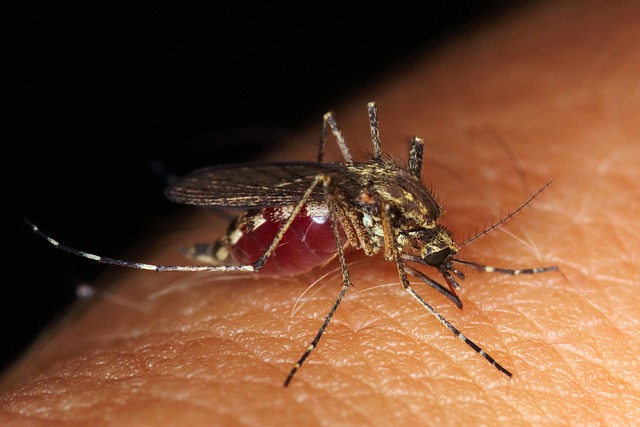
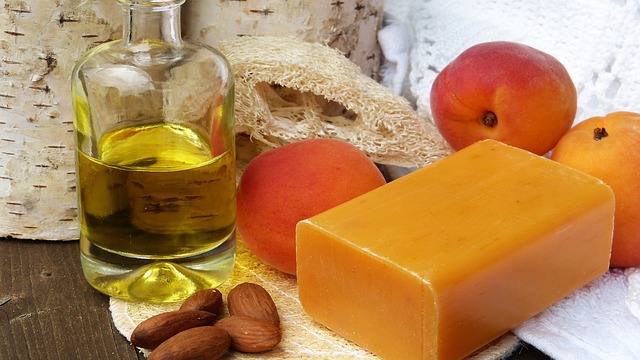
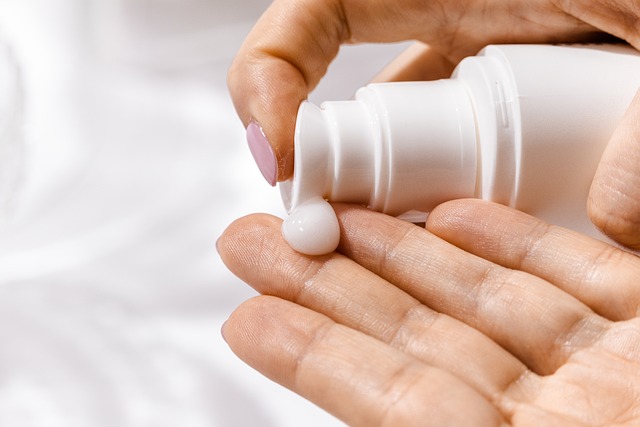
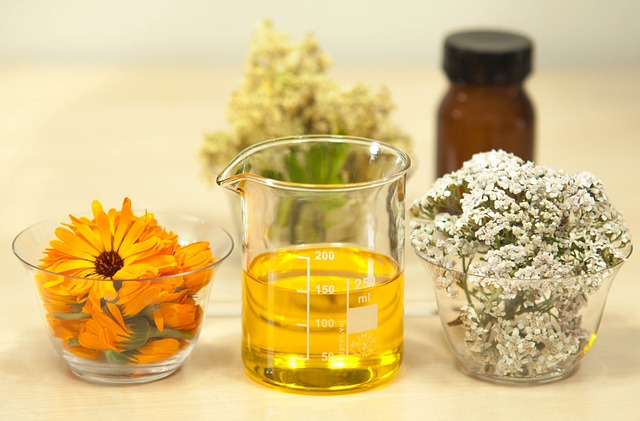

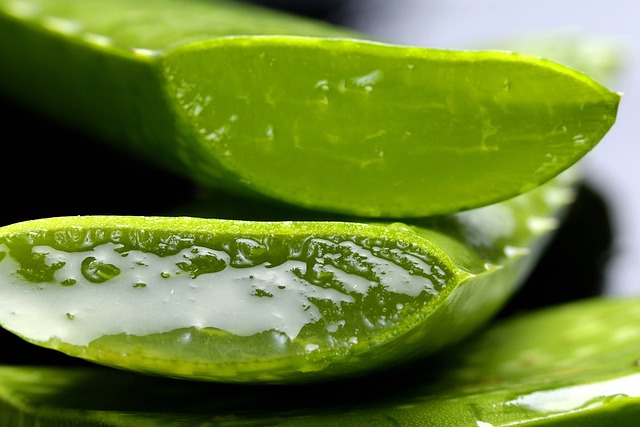
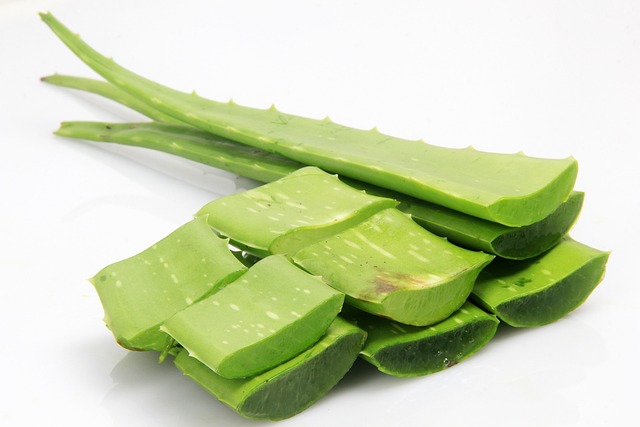
Leave a Reply